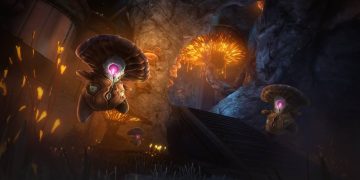Starting with Assassin’s Creed Origins, the series shifted toward bigger worlds and more role-playing elements, which ballooned playtimes to over a hundred hours for full completion. This trend, often called the “Ubisoft open world bloat,” wasn’t exactly a creative choice by developers but a business-driven move by the publisher.
Alex Hutchinson, who directed Assassin’s Creed 3 and 4, revealed this in an interview with GamesRadar. He said Ubisoft pressured the team to add more playtime to “keep the disc in the tray” longer, preparing to slow down the resale of physical copies. Since resales primarily benefit stores like GameStop and not publishers, Ubisoft wanted to protect its profits by making games last longer.
“Designers were being asked to add play time, which seemed like the most pro gamer solution to the problem in a franchise where multiplayer had never really worked,” Hutchinson explained. He also pointed out that action/adventure games generally have a poor cost-to-hours ratio, so stuffing in RPG elements was the cheapest way to bulk out the experience.
Was this the only reason for the changes? No. Hutchinson admitted there were other factors, but he believes the strategy worked. “I think it’s the only franchise I can think of that changed genre and kept its audience,” he said. Still, he worried about player burnout, wondering if 200 hours of gameplay would kill enthusiasm for the next installment released a year later. Luckily, fresh settings and new protagonists seem to keep things feeling new.
He admitted missing the older style of pure action adventure without all the “stat juggling,” showing a clear preference for more straightforward gameplay. It’s kinda wild to hear this straight from someone who shaped the series.
















